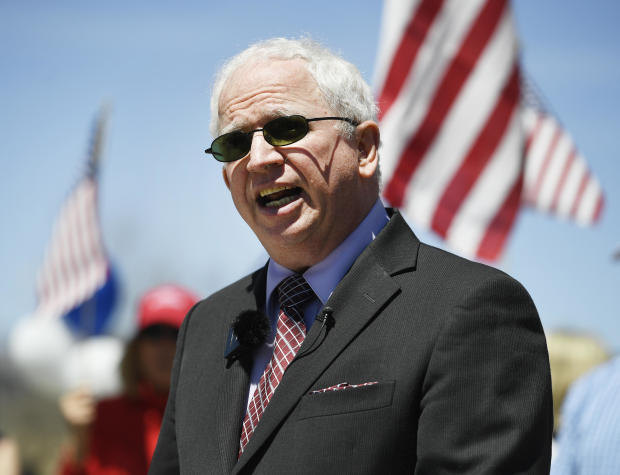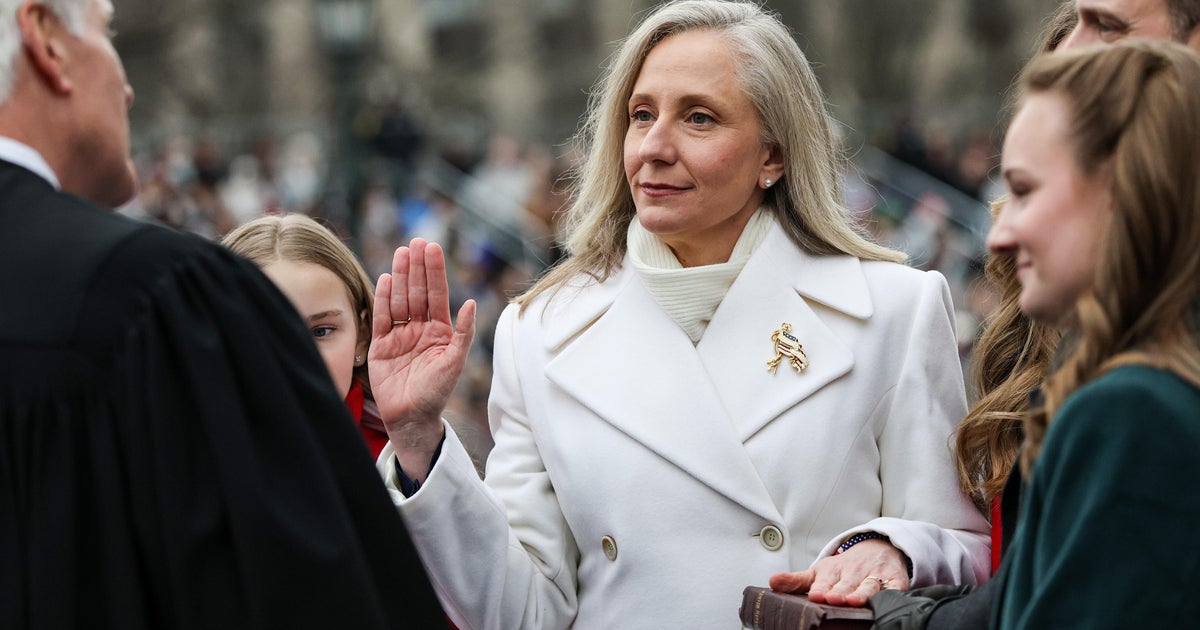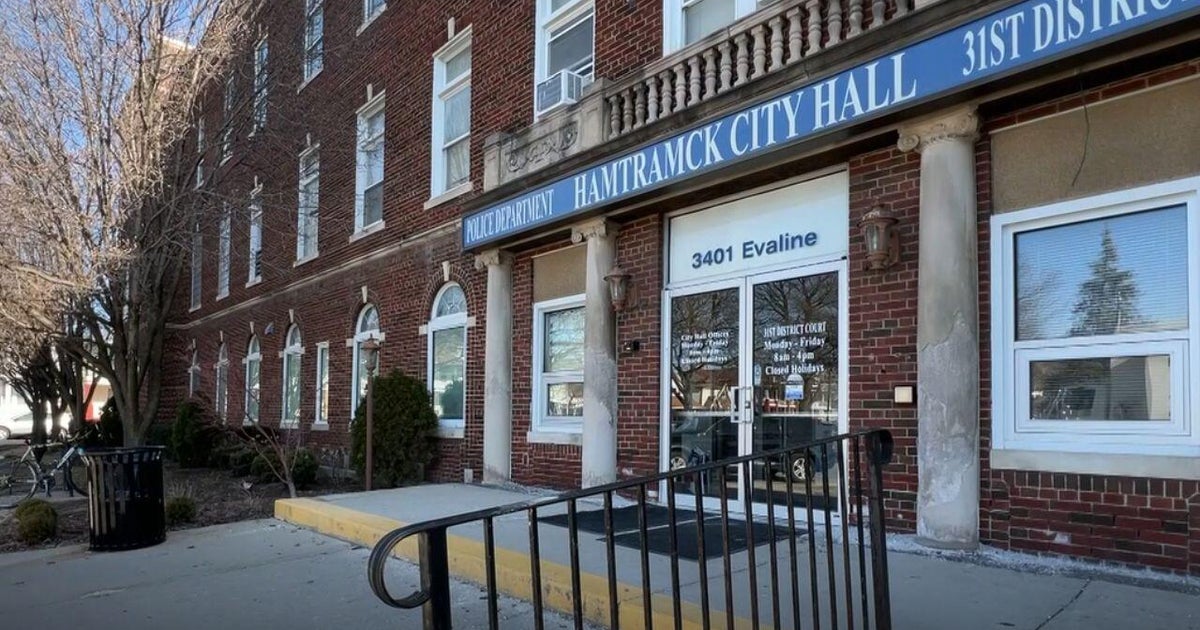Judge speeds up review of lawyer John Eastman's emails sought by January 6 committee
Washington — A federal judge in California said Monday he will speed up the review of emails conservative lawyer John Eastman is seeking to withhold from the House select committee investigating the January 6 assault on the U.S. Capitol.
The order from U.S. District Judge David Carter in the Central District of California indicates Eastman is working to keep 568 pages of emails exchanged between January 4, 2021, and January 7, 2021, from the House panel, asserting attorney-client privilege and other attorney work-product privileges. Carter wrote that the select committee "has repeatedly noted the significance of communications immediately before and after the January 6 attack on the Capitol."
"Given the investigation's urgency, the court finds it appropriate" to speed up its review of the records, the judge said. Carter scheduled oral arguments regarding Eastman's justifications for shielding the communications, which are held by his former employer Chapman University, for March 9.
Eastman has emerged as a central figure in the effort mounted by Trump and his allies to reverse the outcome of the 2020 presidential election. According to the Washington Post, Eastman advised then-President Donald Trump, incorrectly, that the vice president had the authority to reject state electoral votes and overturn President Biden's victory in the 2020 election.
Eastman has until February 22 to file a brief with the court supporting his assertions of privilege for each document over the four-day span that he believes should be kept from the panel, including "evidence documenting any attorney-client relationships that existed with his clients."
Such evidence can include "engagement letters, retainer agreements, or other writings" and must "confirm the timing and scope of each attorney relationship and each agent relationship, including specific named lawsuits if applicable," according to Carter's order.
The House is seeking more than 94,100 pages of emails from Chapman University, and Eastman has reviewed roughly 46,200 pages, according to a Sunday filing from his lawyers. Nearly 27,000 pages of what has already been reviewed are considered "mass email" documents that could be excluded, and more than 8,400 were turned over to the committee, they said. Eastman has sought to keep roughly 11,000 pages from the panel.
The ongoing dispute over the records stems from a lawsuit Eastman filed against the select committee and his former employer in January after the panel issued a subpoena to Chapman for documents related to the 2020 presidential election or the January 6 attack, including emails.
In his complaint, Eastman argued the records include information that would be protected by attorney-client privilege and attorney work-product privileges, and he asked the court to block the committee from enforcing its subpoena and stop Chapman from complying with it. But Carter spurned Eastman's request to block the subpoena last month and ordered him to begin producing documents, as well as a log of records over which he is claiming privilege.
Chapman told the court it neither supports nor opposes Eastman's request to stop it from handing over documents in response to the select committee's subpoena, but noted that "any legal work done by Eastman using Chapman's resources that supported a political campaign or candidate for elective office was unauthorized and contrary" to the university's policies. Eastman, lawyers for the school said, is "best suited to evaluate those documents for potential privilege."
The House, meanwhile, told the court in a filing Friday that the "scope and timing" of an attorney-client relationship between Eastman and the Trump campaign, or the former president, "remains uncertain." Eastman failed to respond to requests for documents clarifying the scope of his representation of Trump or his presidential campaign, House general counsel Douglas Letter wrote.
"The select committee's investigation has developed evidence that plaintiff was a central figure in efforts to overturn the 2020 presidential election, including efforts directed at state legislators throughout the post-election period and at the vice president in connection with the certification of the electoral vote on January 6," Letter argued in the filing. "The documents at issue are thus crucial to the select committee's investigation into the 'interference with the peaceful transfer of power,' including the 'influencing factors that fomented' the attack on American democracy."
Letter said "prompt resolution" of Eastman's "extremely broad privilege claims is crucial" to the House select committee's investigation.
The January 6 select committee issued a subpoena to Eastman for records and testimony in November, followed by the subpoena to Chapman University for his emails.






